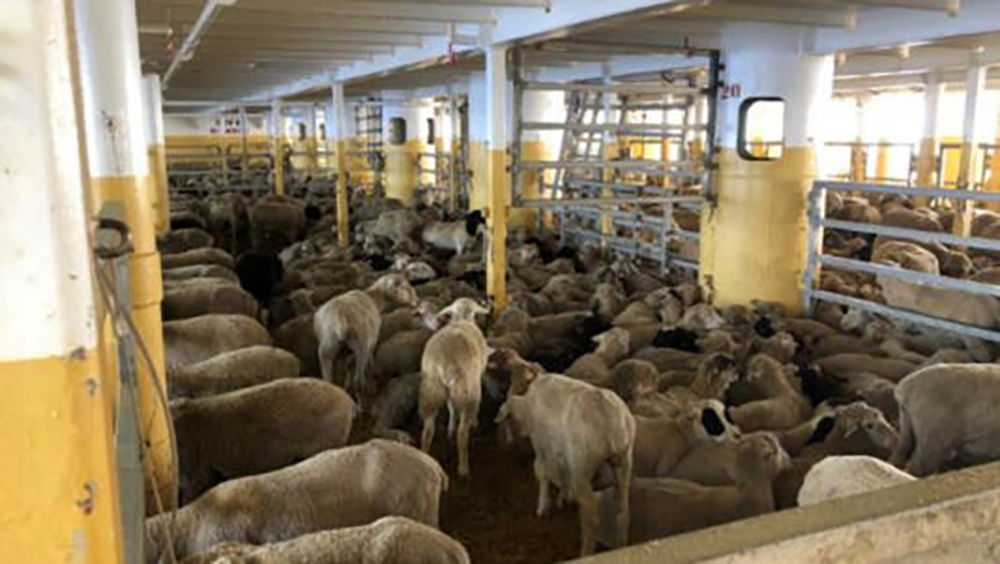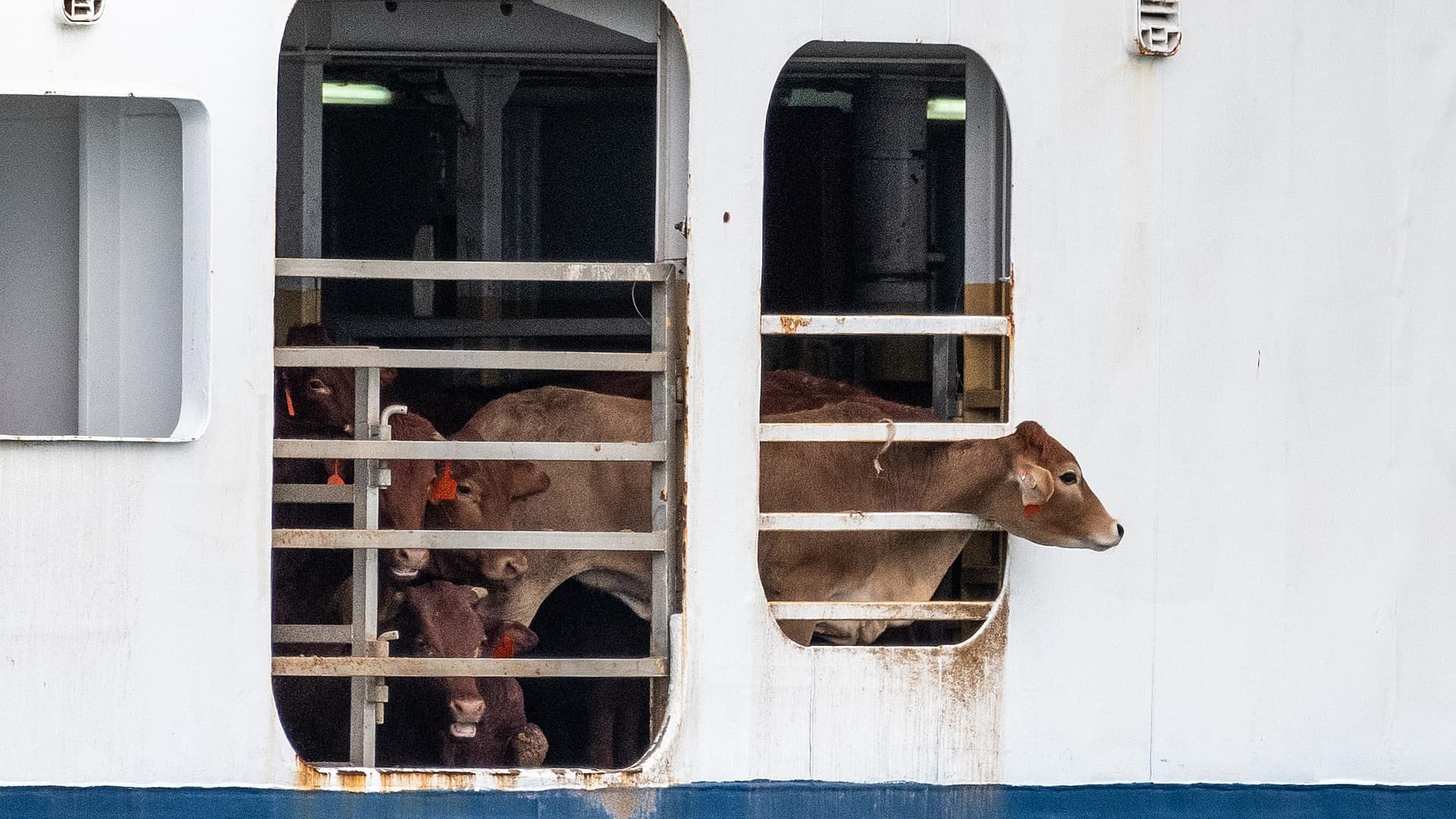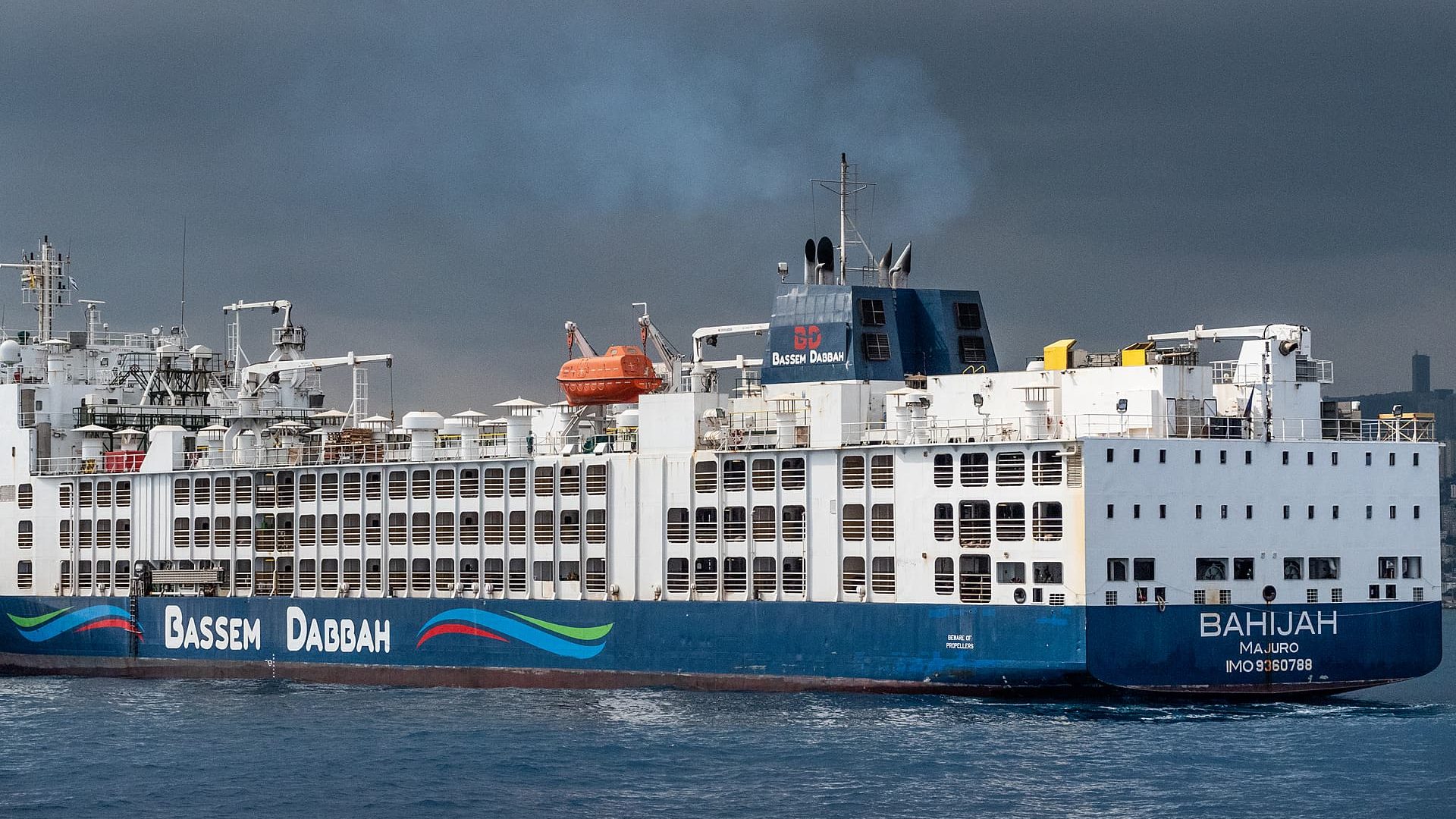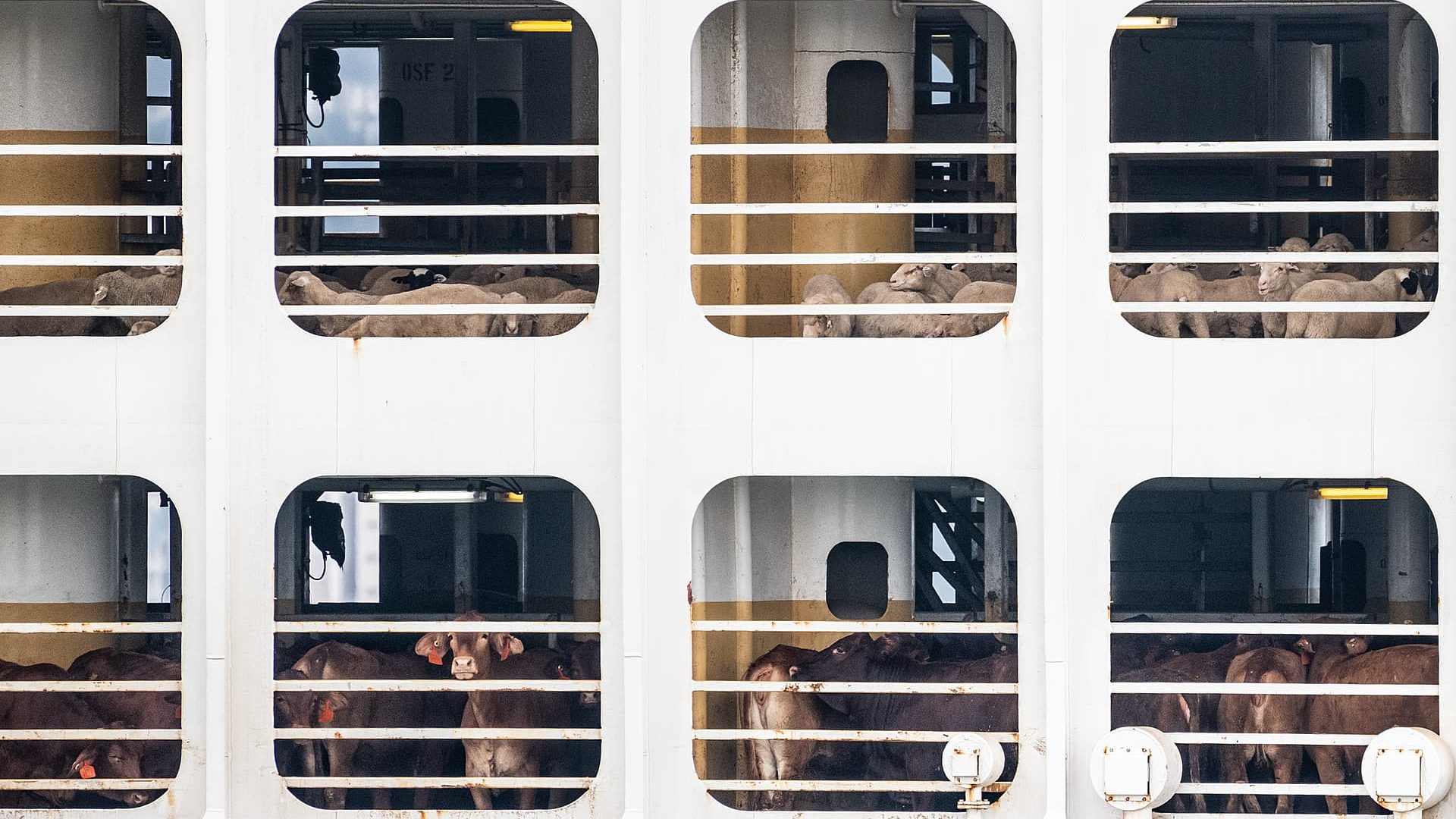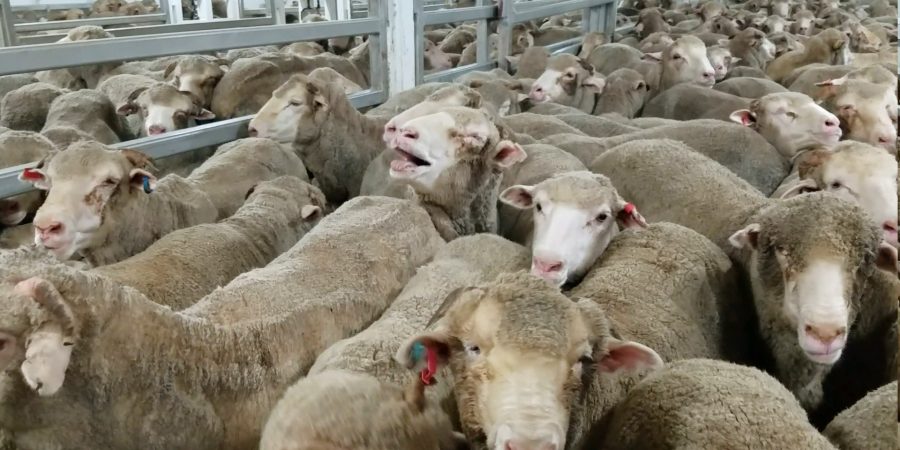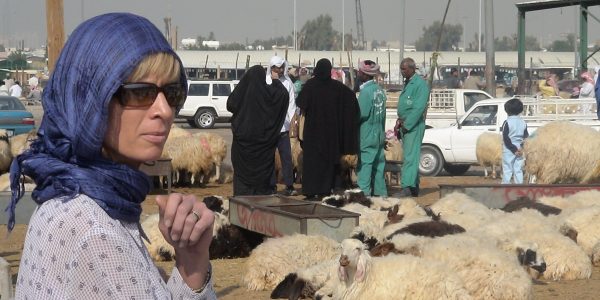A live export ship carrying thousands of Australian sheep and cattle has been forced to turn back to Australia after weeks at sea, due to increasing conflict and danger in the Red Sea.
Israeli-owned vessel, the ‘MV Bahijah’ was destined for Israel and departed from Fremantle on the 5th of January this year. Its export permit was approved by the Federal Department of Agriculture despite knowing that the ship would be heading into a conflict zone.
As conflict escalates in the Middle East, there has been a steadying increase in attacks by Houthis on vessels attempting to cross the Red Sea — one of the world’s busiest shipping routes.
Australia’s live export industry has demonstrated time and time again its willingness to condemn animals to extreme risk of suffering and death in the name of profits — so it comes as little surprise that it has attempted to send a ship carrying thousands of animals into such a dangerous and volatile area.
But any caring Australian must also ask the question… how did the Australian government regulator approve this?
That the Federal Department of Agriculture, tasked with the inherently conflicted role of both regulating and promoting the live export industry, approved this ship to leave during such a dangerous time was an extraordinary ‘roll of the dice’. The approval was especially astonishing given this is the same department that paused all independent observers from accompanying live export ships into the area due to increasing volatility.
So, the live export regulator has used ‘safety concerns’ to remove any level of independent oversight of live export shipments while continuing to approve these high-risk shipments to carry overseas workers and animals into areas of known conflict.
The animals trapped on board the MV Bahijah have already endured extended stress and suffering. They now face a prolonged period at sea only to face uncertainty upon finally returning to Australia — there is as yet no guarantee from the government or the industry that further shipments will not be sent into the region.
Trucked from farms to feedlots and ultimately then transferred onto ships, the stress endured by animals condemned to live export can start weeks before the ships finally begin their gruelling journey. On board, they are penned for weeks at a time, exposed to heat stress, illness, injury and all the risks of the open ocean. Hundreds may die, thousands will suffer… and survivors ultimately will live only to endure further stress and handling in importing countries before finally being slaughtered — a terrifying and painful ordeal at best.



